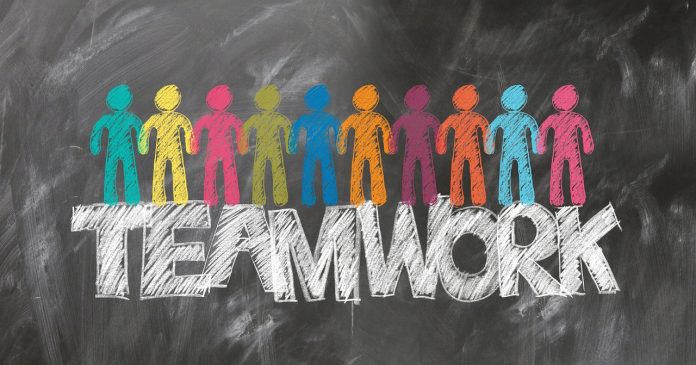[ad_1]
From Conflict to Resolution: The Role of Effective Communication
Conflict is an inevitable part of human interaction. Whether it is in personal relationships, within families, or in the workplace, conflicts will arise. However, it is how these conflicts are handled and resolved that truly determines the health and longevity of any relationship. Effective communication plays a pivotal role in moving from conflict to resolution.
In any conflict, emotions run high, and it is all too easy for individuals to become defensive or aggressive. This can lead to a breakdown in communication and a further intensification of the conflict. When people feel attacked or misunderstood, they tend to respond in kind, perpetuating the cycle of conflict.
Effective communication, on the other hand, allows for a more productive and peaceful resolution. It involves active listening, empathy, and respect for different perspectives. In conflict situations, it is crucial for individuals to suspend their own preconceptions and truly listen to the other party. This means giving their undivided attention, engaging in open-ended questions, and paraphrasing to ensure understanding.
Empathy is another essential aspect of effective communication in conflict resolution. It requires individuals to put themselves in the shoes of the other party and try to understand their point of view. This does not mean agreeing with them, but rather acknowledging their feelings and validating their experience. Empathy helps to humanize the other person and fosters a more compassionate and collaborative mindset.
Respect is the foundation upon which effective communication is built. It is about valuing the other person’s dignity and worth, even when disagreements arise. Respectful communication involves using “I” statements instead of blaming or accusing, maintaining a calm and non-confrontational demeanor, and avoiding personal attacks or insults. Showing respect creates a safe space for open dialogue and reduces defensiveness, allowing both parties to feel heard and understood.
In addition to these interpersonal skills, effective communication in conflict resolution requires appropriate timing and tone. Choosing the right time to address the conflict and setting the appropriate mood can greatly influence the outcome. It is often better to wait until emotions have cooled down and both parties are in a more rational state before trying to resolve the conflict. Selecting a comfortable and private setting also encourages open and honest communication.
Moreover, effective communication entails an understanding that resolution does not always mean reaching a compromise or consensus. In some cases, resolution may involve finding a middle ground, but it can also mean accepting that there are irreconcilable differences and deciding to peacefully part ways. The goal of effective communication is not solely to win the argument, but to find a constructive and mutually beneficial solution that respects the needs and values of both parties involved.
In conclusion, conflict is a natural aspect of human relationships, but it is the way conflicts are addressed and resolved that determines their long-term impact. Effective communication is the key to moving from conflict to resolution. By actively listening, practicing empathy, showing respect, and choosing appropriate timing and tone, individuals can navigate through conflicts and come to a resolution that is fair and sustainable.
[ad_2]

